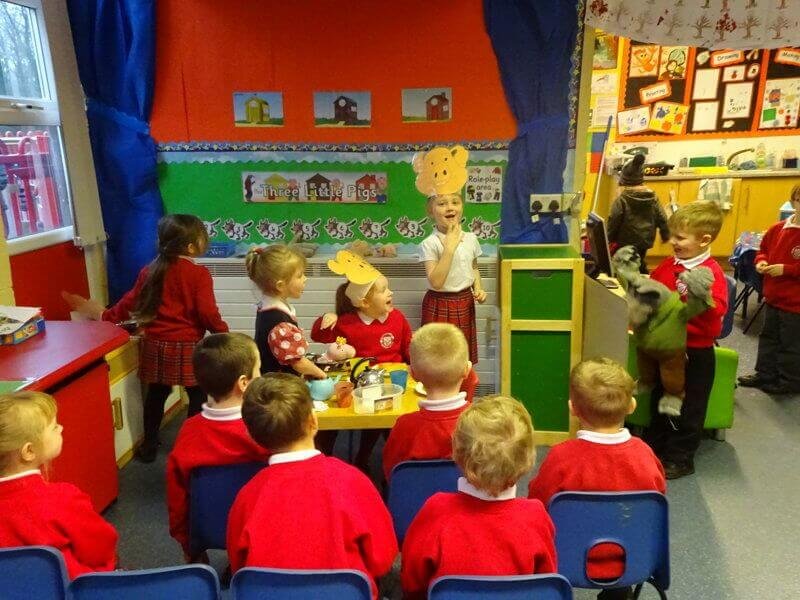To develop speaking skills students definitely need intensive practice. As an ESL teacher, I absolutely think that the students achieve the speaking skill by interacting on topics of real-life situations. The answer is definitely the engagement of activities that promote speaking in the classroom.
After all, the final aim of learning a second language is for students to be able to communicate in the target language in a variety of contexts and express themselves without being strained.
To teach speaking is to teach students to organize their thoughts. How? In a meaningful and logical sequence instead of leading them to pure memorization of patterns.
Thus, teachers must stick to a methodology that creates a classroom environment. Here, students take part in authentic activities that promote speaking in the classroom.
Among the numerous activities, some successful ones that develop students’ speaking skills are:
Role play activities
Through role-plays, students are assigned roles and put into situations that they may eventually encounter outside the classroom (e.g. a patient to a doctor’s office, a customer in a shop, a salesperson, a clerk, etc.)As role plays are an imitation of real life, the range of language functions that students use through them varies considerably. Also, role plays and simulations make students, especially hesitant ones, more motivated and self-confident. They play their parts and use language meaningfully and with appropriate intonation.
Discussion activities
Discussion activities ask for setting a purpose. Teachers usually do this, so that students don’t just waste time chatting about irrelevant things. Discussions evolve around actual real-life topics such as environment, technology, health issues, lifestyles, cultures, etc. Through discussion activities students aim to conclude, share opinions, give solutions, or agree or disagree on a certain issue. In pairs or groups of three or four students organize discussions. They boost students’ critical thinking and make them ask questions, clarify and support ideas and respect others’ opinions.
Debates
Debates are persuasive speaking activities. Here students keep an attitude, give opinions, and justify them giving arguments to support ideas. Students debate in a polite way on challenging topics. These topics are prompted by the teacher or found in the coursebook. The topic of a debate should be related to students’ preferences and level of language knowledge. Blending theatre with debate and role-play makes the activity both fun and rewarding.
Picture describing
Another way to make students speak is by showing them one or two pictures. Then, and ask them to describe what is in them. Students discuss the picture in detail: the people, the setting, the weather, feelings, etc. It can be conducted in pairs or individually. This activity fosters the creativity and imagination of the learners. It also develops their public speaking skills.
Storytelling
Students can briefly summarize a tale or story they have listened to or read. They may create their own stories to tell to the class. Storytelling fosters creative thinking and boosts students’ imagination. Students express ideas in chronological order making use of appropriate linking words. They describe characters and their feelings as well as events spread in time and space.
Interviews
Students can conduct interviews on selected topics with various people. It is a good idea to prepare interviews on real-life topics. This way, students feel free to ask and answer questions. Students take roles and then swap them to have a diverse share of opinions. Conducting interviews with each other allows students to practice their speaking ability not only in class. It also helps them become more socialized outside the classroom.
These activities make students more active in the learning process. At the same time, it makes their learning of the English language more meaningful and entertaining for them.
That is, why here in LISA Learning we include a lot of helping tools for teachers to be more creative when considering speaking skills. English Club TV and Bridge TEFL are a must-have source for ESL teachers.







